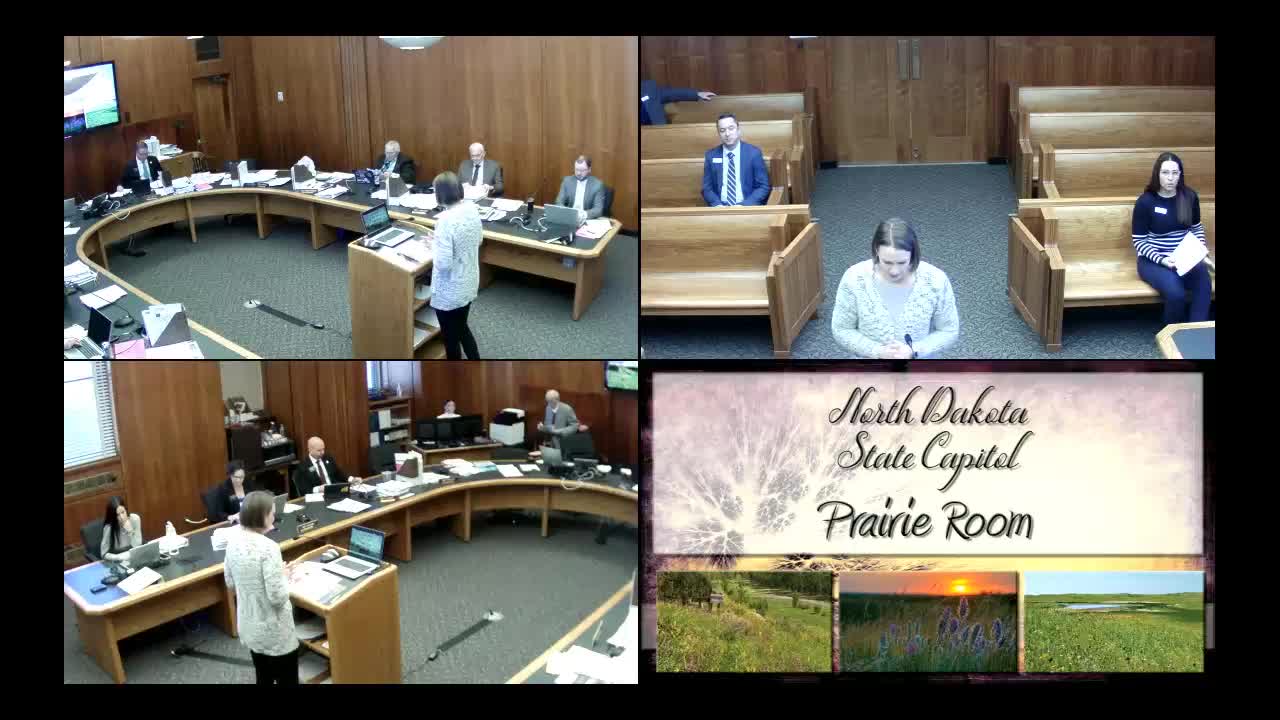Article not found
This article is no longer available. But don't worry—we've gathered other articles that discuss the same topic.
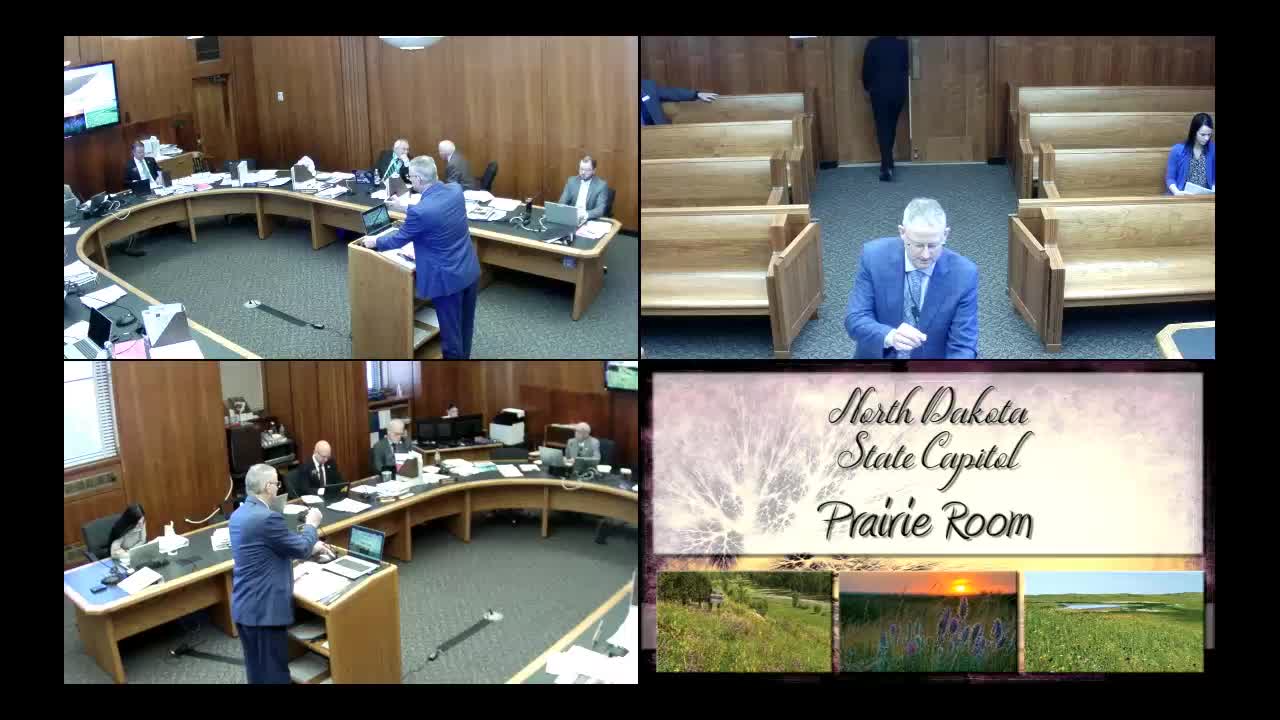
Commerce, Bank of North Dakota seek flexibility for development fund; lawmakers weigh $75 million line of credit

Minot State, Arc of North Dakota urge one-time funding to sustain inclusive postsecondary programs
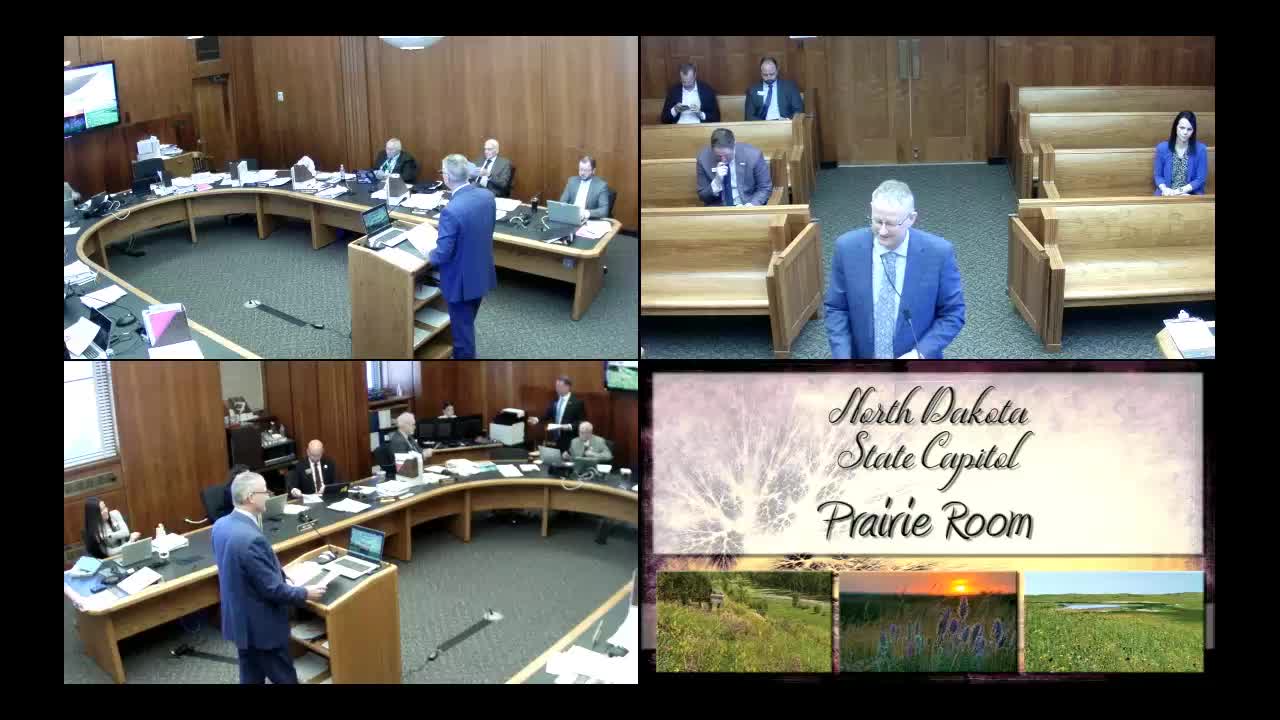
LIFT program reports modest repayment flows; committee hears proposals to sustain pipeline funding
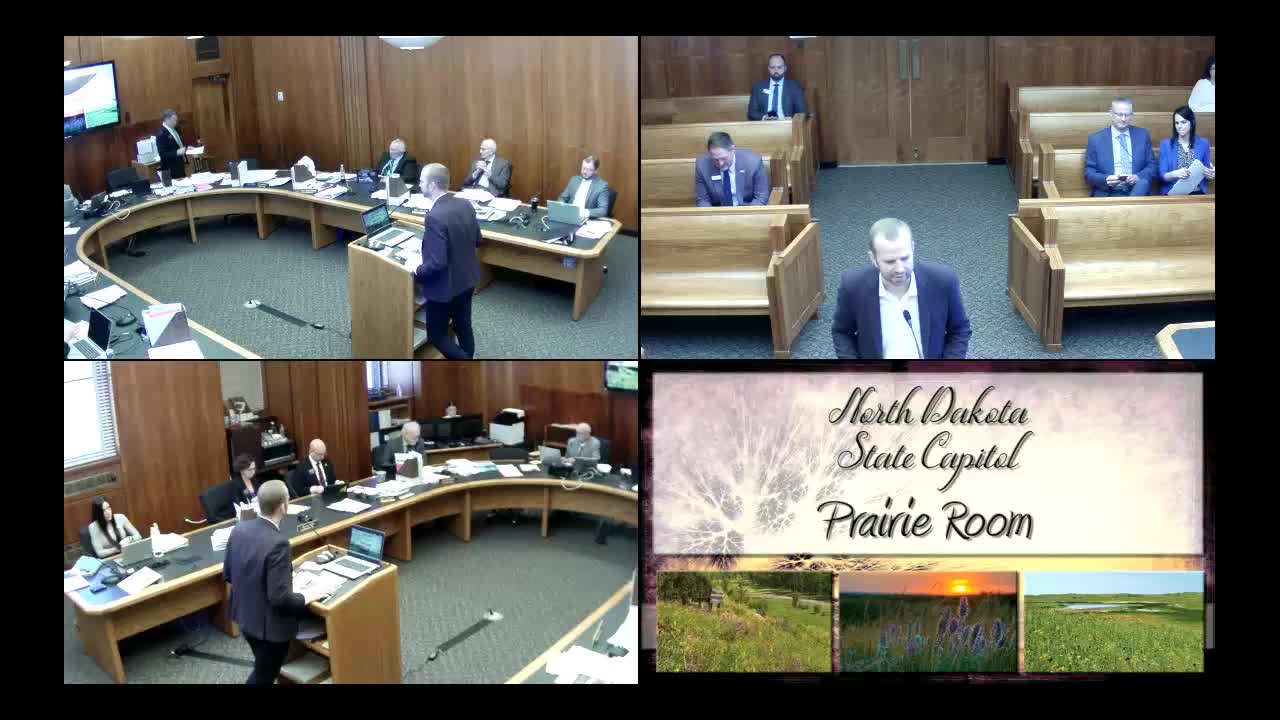
Grand Farm asks Legislature to restore autonomous‑ag grant focus, seeks $20 million for campus expansion
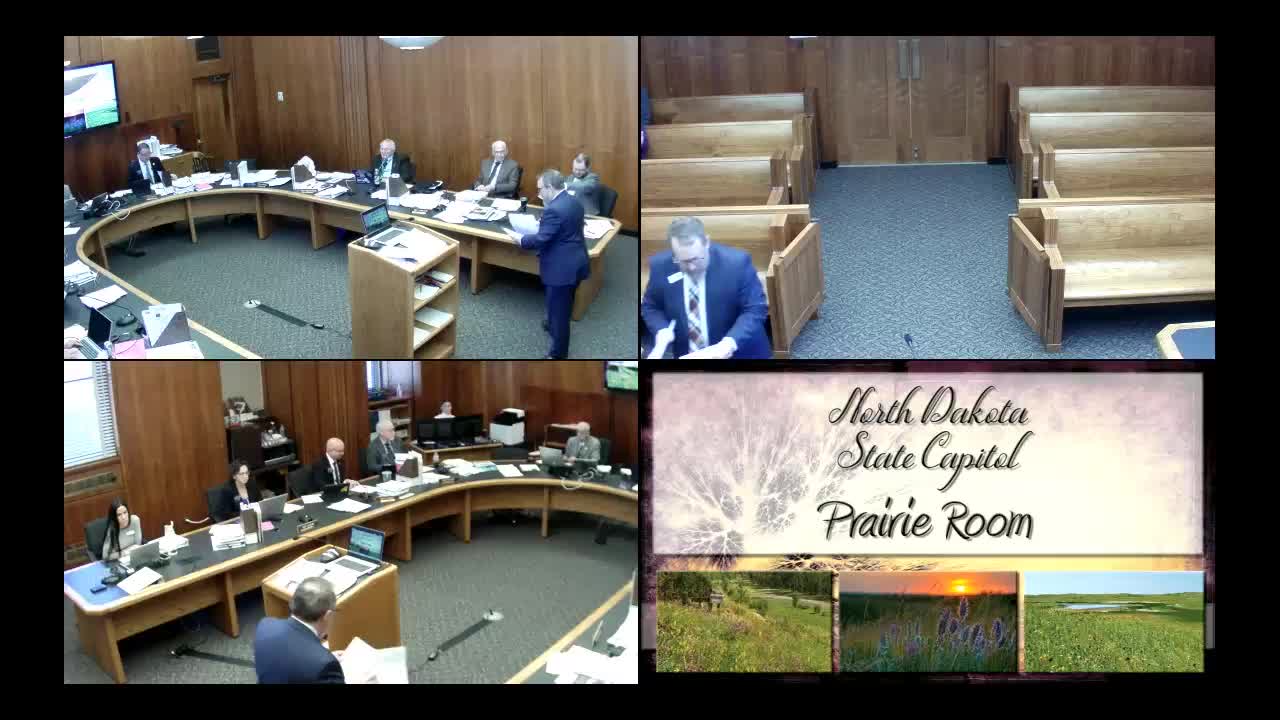
Rep. Gettle outlines proposal to help students facing unexpected pregnancy continue higher education
